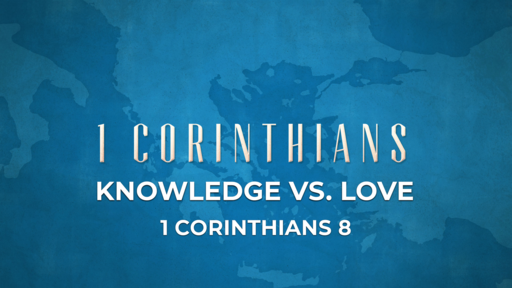Knowledge vs. Love

Knowledge vs. Love
The Danger of Knowledge
Sir Isaac Newton, after his sublime discoveries in science, said, “I do not know what I may appear to the world; but to myself I seem only like a boy playing upon the seashore, and diverting myself by now and then finding a pebble, or a prettier shell than ordinary, while the great ocean of truth lies all undiscovered before me.”
It is a remarkable fact that Sir Isaac Newton, writing on the prophecy of Daniel 12:4 said that if they were true, it would be necessary that a new mode of traveling should be invented, for knowledge would be so increased that man would be able to travel at the rate of fifty miles an hour.
Voltaire, true to the spirit of skepticism, said: “Now look at the mighty mind of Newton, who discovered gravitation; when he began to study the Book called the Bible, it seems in order to credit its fabulous nonsense, he believed that the knowledge of mankind will be so increased that we shall be able to travel fifty miles an hour! The poor dotard!” Today even a skeptic would have to say, “Newton was a wise philosopher; Voltaire a poor old dotard.”
